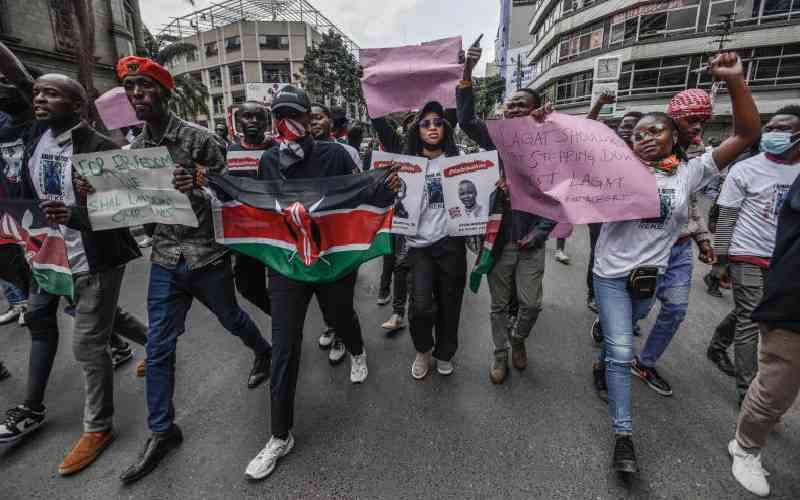Church Selling 'Holy Air' Stuns Netizens

A recent development in the spiritual arena has captured widespread attention and sparked considerable debate, as a church has reportedly begun selling 'holy air' to its followers. Packaged meticulously in a canned tin, this unprecedented product has left netizens both amused and questioning, particularly regarding its purported ingredients and the ethics of its sale.
The 'holy air' is contained within a tin featuring a distinct blue and white exterior, boldly labeled to identify its contents. The packaging is designed to be well-sealed, ensuring the preservation of this 'precious product'. Instructions for its usage suggest taking “two large sniffs a day.” What has particularly astonished the public are the detailed ingredients listed: 65% Jerusalem air, 18% Nazareth air, and 17% Bethlehem air, further supplemented with 2% desert air and 3% Galilee air. The package description uniquely asserts that these ingredients are “homogeneous” and “irreplaceable,” implying they cannot be found elsewhere.
A video showcasing this product, shared by @beatmoster 20, quickly ignited a massive debate online. While some individuals questioned if it was merely a scam, others staunchly defended the right of believers to follow their faith freely, irrespective of such innovative offerings. The notion of a church selling air, even for the purpose of 'deliverance', has certainly amused many and intensified the discussion around commercial practices within religious institutions.
Historically, pastors have been known to sell various religious items such as towels, holy water, and holy clothes. However, the sale of 'holy air' marks an entirely new frontier in this trend. This development brings to light ongoing controversies surrounding the commercialization of faith, exemplified by past actions of other prominent religious figures.
For instance, Pastor Ezekiel Odero of New Life Church has previously defended his practice of selling handkerchiefs and water at crusades. Similarly, Pastor Blessed Salome recounted receiving bizarre gifts at weddings, including a pot with folded handkerchiefs, a scarf, and rotten cucumbers, highlighting unusual practices. Pastor James Ng'ang'a of Neno Evangelism Centre also drew criticism for charging congregants KSh 1000 and selling items like bread for KSh 200 and mandazi for KSh 100 during church services.
In stark contrast to these practices, Apostle Richard Takim has emerged as a vocal critic of preachers who sell spiritual items. He has consistently argued that anything derived from God should be offered freely. Takim's strong stance, though met with mixed reactions, underscores the need for integrity within the body of Christ. He emphasizes the importance of fighting the practice of selling 'miracles' and advocates for self-regulation among religious leaders. Apostle Takim urges Christians to adhere to truth and avoid succumbing to manipulative demands for money or material possessions, reinforcing the call for a purer, uncommercialized faith.









